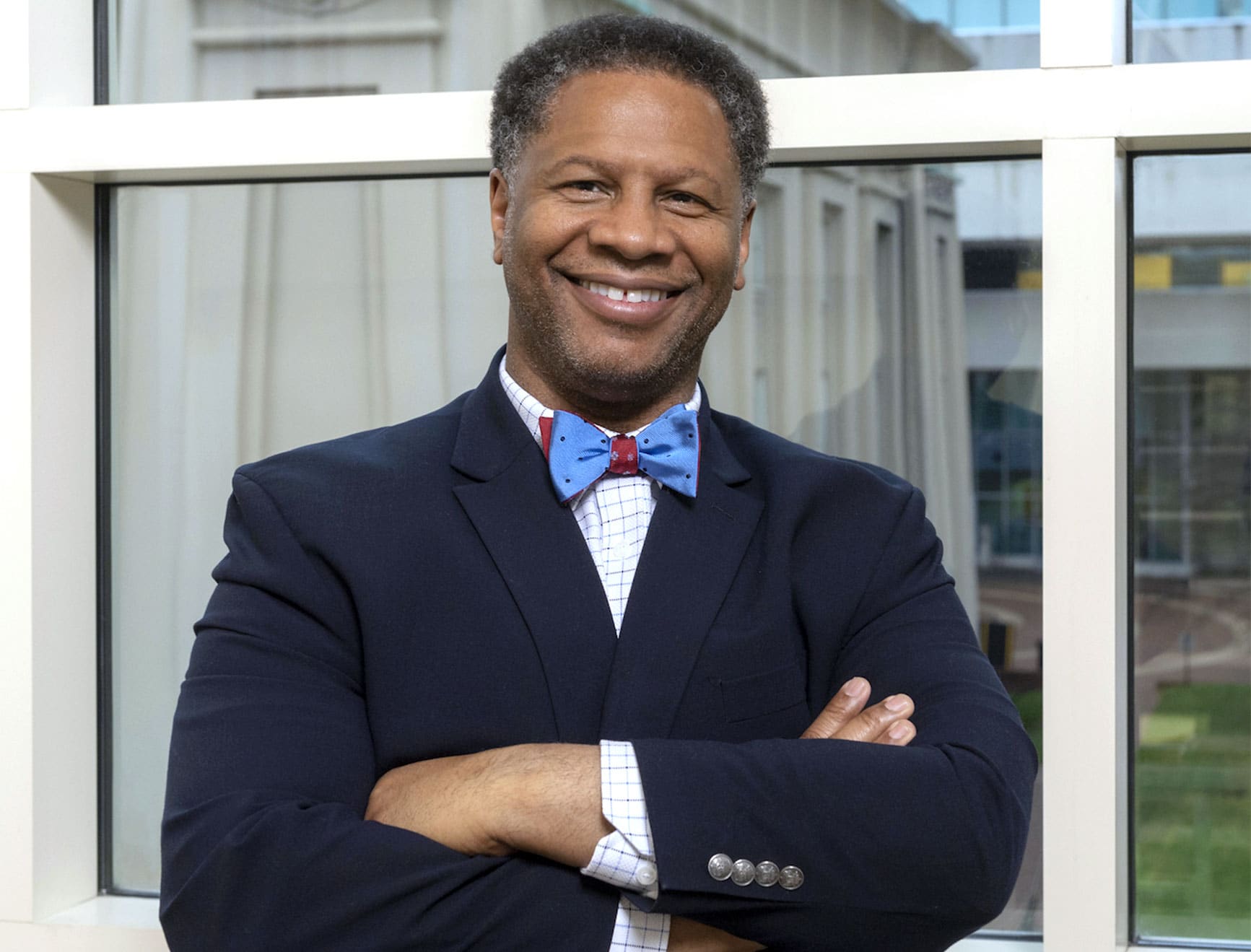Virginia Commonwealth University
Annual Report 2020-2021
Reducing disparities through community connections

As the director of Massey Cancer Center, Robert A. Winn, M.D., ensures his team of researchers, doctors, and clinicians have access to the cutting-edge resources they need to conduct groundbreaking research and cancer treatment.
But one of the biggest tools in his arsenal is surprisingly simple: building trusting, collaborative relationships with local communities.
While cancer affects all populations, certain groups face a greater risk of developing or dying from cancer because of social, environmental and economic disadvantages. Winn wants to engage community stakeholders in an effort to reduce those disparities.
In September, Massey announced the establishment of the Translational Research Center in Lung Cancer Disparities, which will work with community groups to address the disproportionate effects of lung cancer on the Black community. The center is funded by a highly competitive $3 million SPORE grant from the National Cancer Institute — the first ever awarded in Virginia — and is run in collaboration with the Medical University of South Carolina Hollings Cancer Center and City of Hope in California.
Winn has been taking a community-centered approach since he arrived at Massey in December 2019. He initially focused on the COVID-19 pandemic, which disproportionately affected Black communities.
In March 2020, Winn launched Facts and Faith Fridays, a weekly call with Black clergy in Virginia. The sessions covered everything from personal protective equipment and social distancing to how churches could safely re-open their doors.
“It wasn’t evident what our African-American communities were supposed to do. People were frightened and confused,” Winn said. “There was a myth that African Americans couldn’t get COVID-19. We at Massey Cancer Center and VCU Health wanted to give them good, reliable information and bust the myths.”
There was a myth that African Americans couldn’t get COVID-19. We at Massey Cancer Center and VCU Health wanted to give them good, reliable information and bust the myths.
Later calls included a discussion on COVID-19 and cancer, and a conversation about vaccines with Anthony Fauci, M.D., the nation’s top infectious disease expert and director of the National Institute of Allergy and Infectious Diseases. They also evolved to address racial disparities in cancer.
Winn’s work caught the attention of Jill Biden, Ed.D., the first lady of the United States, who visited Massey Cancer Center and Winn’s lab in February 2021. Biden met with scientists, doctors and community leaders to learn how they’re working together to address cancer disparities.
“From lifesaving information about COVID, to cancer screenings and prevention, to addressing the conditions that affect wellness — like housing and employment — this group is tackling some of the most important health issues right now,” Biden said. “And they’re doing the work by working hand-in-hand with the Richmond community and beyond, and meeting people where they are. This group reminds us that you don’t have to have a medical degree to help. You just have to reach out to the people who are hurting.”